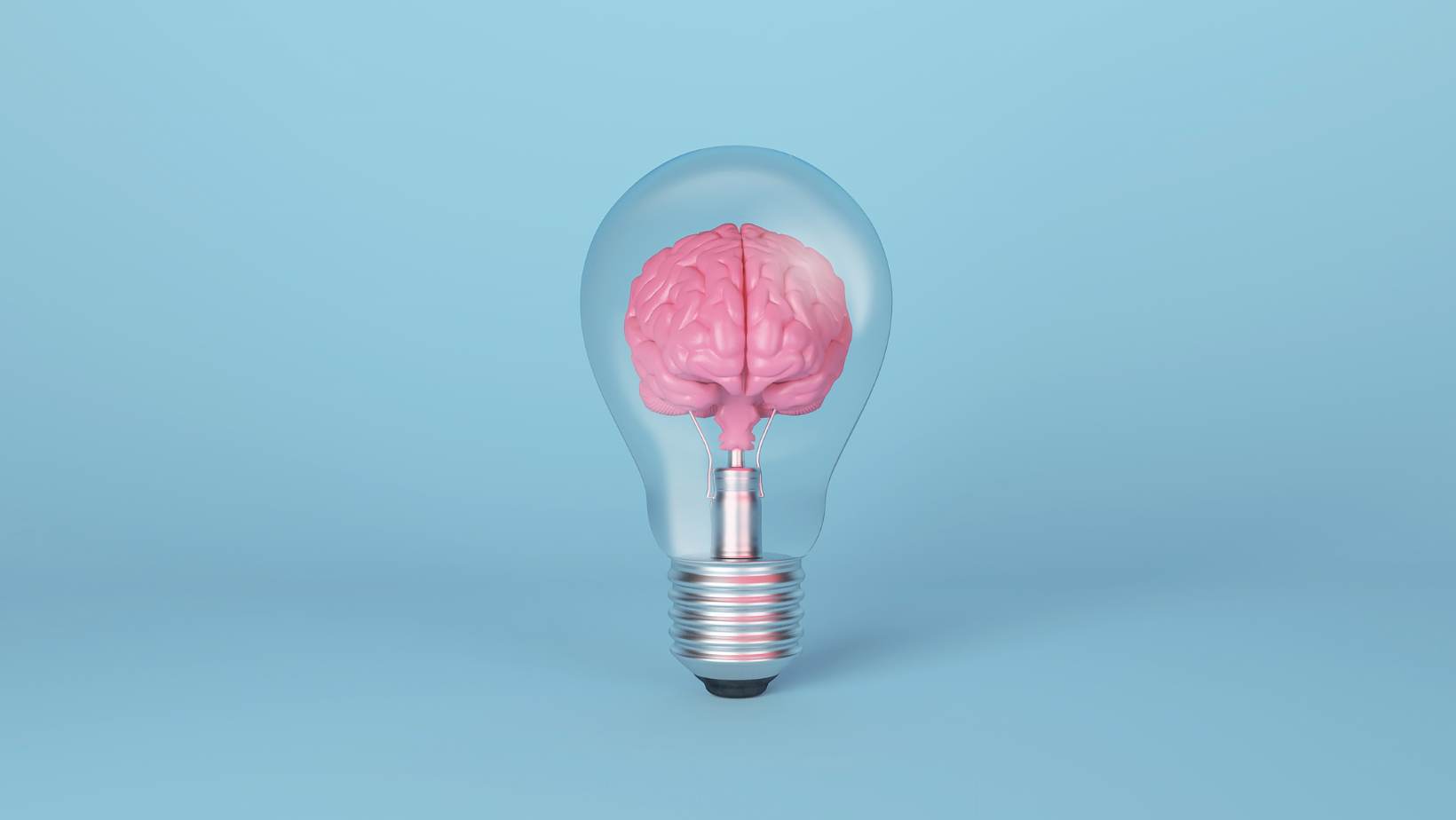Rewiring the Brain: A New Paradigm for Mental Health
In an era where one in three Americans struggles with mental health issues and millions rely on pharmaceuticals for relief, a revolutionary approach is challenging our understanding of the human brain. This new perspective suggests that conditions like depression, anxiety, and even ADHD might not be what we think they are – and the solutions could be simpler than we ever imagined.
The Broken Brain Epidemic
The statistics are staggering: one in ten Americans uses antidepressants, while over 8 million children take stimulants for attention disorders. But what if these conditions aren’t isolated “brain problems” at all? What if they’re symptoms of a larger, systemic issue within our bodies?
Rethinking Mental Health Labels
Traditional medicine often treats mental health conditions as distinct entities, each requiring its own pharmaceutical solution. However, this approach may be fundamentally flawed. Depression, for instance, isn’t the cause of sadness – it’s a label we use to describe a set of symptoms, often leading to a one-size-fits-all treatment approach.
The Functional Medicine Revolution
Enter functional medicine – a paradigm shift in how we view health and illness. This approach sees the body as an interconnected system, where mental health is intrinsically linked to physical well-being.
The Seven Keys to Ultra Wellness
At the core of this new perspective are seven key bodily systems that, when balanced, can lead to optimal mental and physical health:
- Nutrition optimization
- Hormone balance
- Inflammation reduction
- Digestive health
- Detoxification enhancement
- Energy metabolism boost
- Mind calming
The Personal Journey: From Broken to Breakthrough
This revolutionary approach isn’t just theoretical. Dr. Mark Hyman, a pioneer in functional medicine, shares his personal struggle with what he describes as a “broken brain.” Experiencing symptoms that mimicked ADD, depression, and dementia simultaneously, he found himself at a loss when conventional medicine failed to provide answers.
The Holistic Discovery
Through extensive research and self-experimentation, Dr. Hyman discovered that his symptoms weren’t caused by a single factor but by an accumulation of imbalances across multiple bodily systems. This realization led to the development of the “Ultra Mind Solution” – a comprehensive approach to healing the brain by addressing the body as a whole.
The Food-Brain Connection
One of the most powerful tools in this new approach to mental health is surprisingly simple: your fork. The food we eat has a profound and immediate impact on our brain function, acting as a powerful medicine that can alter our mental state.
Nutrition as Brain Fuel
Emerging research suggests that dietary choices can significantly influence neurotransmitter production, inflammation levels, and even the structure of the brain itself. This means that what’s on your plate could be more important for your mental health than what’s in your medicine cabinet.
Beyond Pills: A New Approach to Treatment
While medications can play a crucial role in managing mental health conditions, the functional medicine approach suggests that they shouldn’t be the first or only line of defense. By addressing underlying imbalances in the body’s key systems, many individuals find relief from symptoms without relying solely on pharmaceuticals.
The Lifestyle Prescription
Simple lifestyle changes, such as improving sleep habits, incorporating regular exercise, and managing stress through mindfulness practices, can have profound effects on mental health when combined with targeted nutritional interventions.
The Future of Mental Health Care
As our understanding of the brain-body connection deepens, the future of mental health treatment looks increasingly holistic. This approach doesn’t dismiss the value of traditional therapies but rather seeks to enhance their effectiveness by addressing the root causes of mental health issues.
The Bottom Line: A Call for a New Perspective
The rising tide of mental health issues in America calls for a fundamental shift in how we approach brain health. By recognizing the interconnectedness of our bodily systems and addressing imbalances holistically, we open the door to more effective, personalized treatments for mental health conditions. Here are key takeaways:
- Mental health symptoms often reflect systemic imbalances in the body
- Nutrition plays a crucial role in brain function and mental well-being
- Addressing the seven key bodily systems can lead to improved mental health
- Lifestyle changes can be powerful tools in managing and preventing mental health issues
- A holistic, functional medicine approach may enhance or reduce the need for traditional treatments
FAQ: Understanding the Functional Approach to Mental Health
Q: Does this mean I should stop taking my prescribed medications?
A: No, never discontinue prescribed medications without consulting your healthcare provider. The functional medicine approach can complement traditional treatments and may eventually allow for reduced medication use under professional guidance.
Q: How quickly can I expect to see changes in my mental health with this approach?
A: While some people report improvements in days or weeks, significant changes often take months. Consistency and patience are key when addressing systemic imbalances.
Q: Is this approach scientifically proven?
A: While more research is needed, there’s growing scientific evidence supporting the connection between lifestyle factors, nutrition, and mental health. Many principles of functional medicine are grounded in established physiological and biochemical processes.
As we continue to unravel the complexities of the human brain, one thing becomes increasingly clear: our mental health is inextricably linked to our overall physical well-being. By embracing a more holistic, systems-based approach to brain health, we open the door to new possibilities for healing and thriving. Whether you’re struggling with chronic mental health issues or simply seeking to optimize your cognitive function, considering the intricate dance between your brain and body could be the key to unlocking your full potential.
